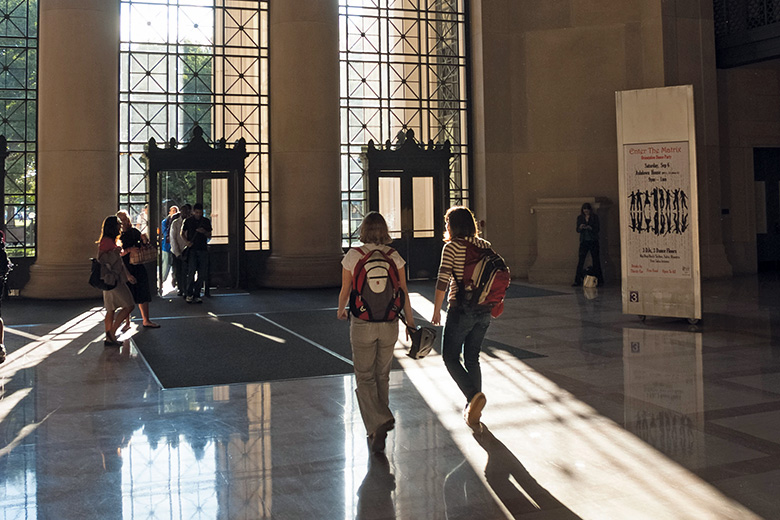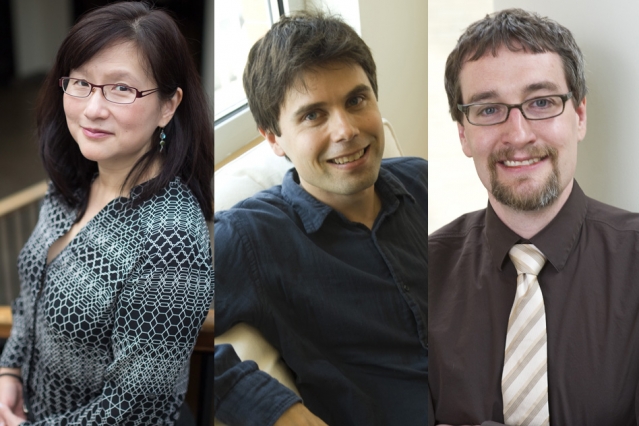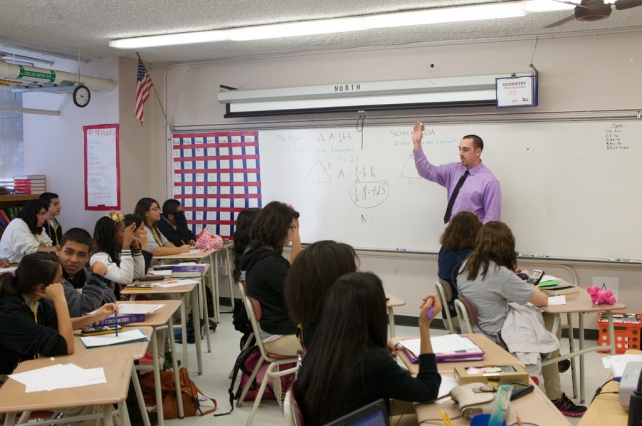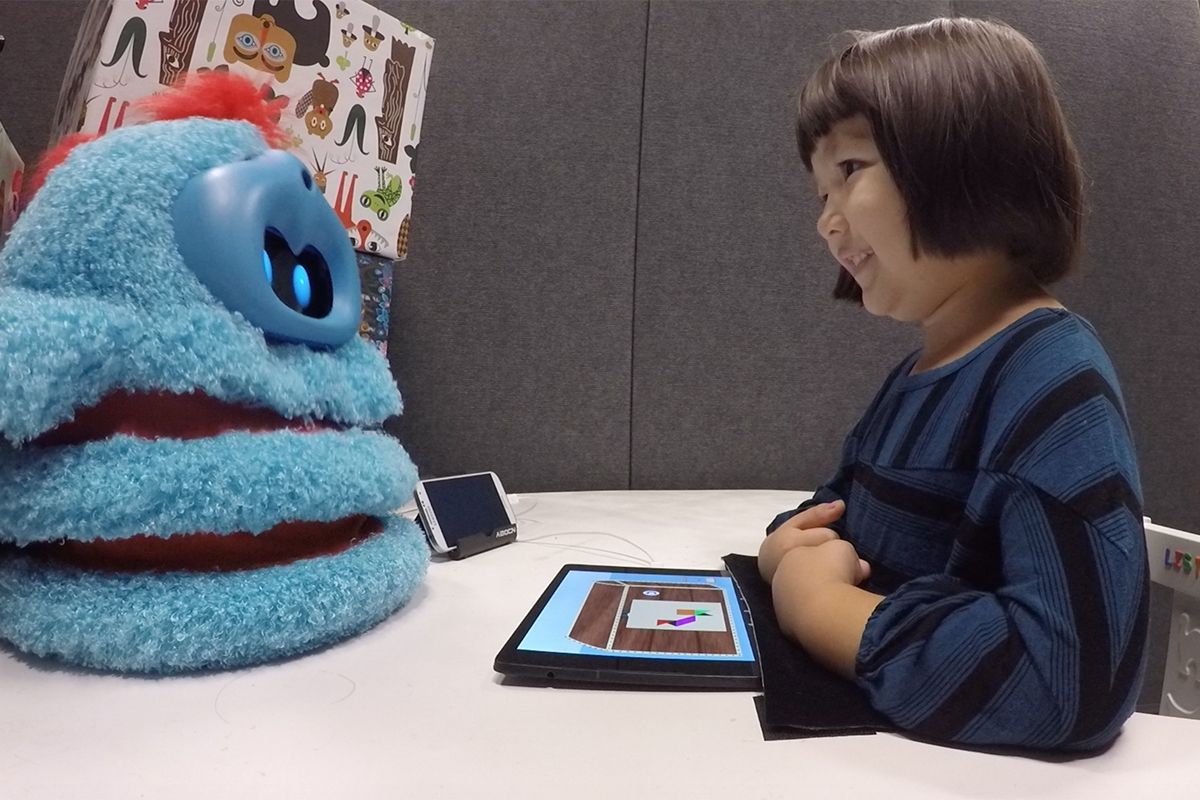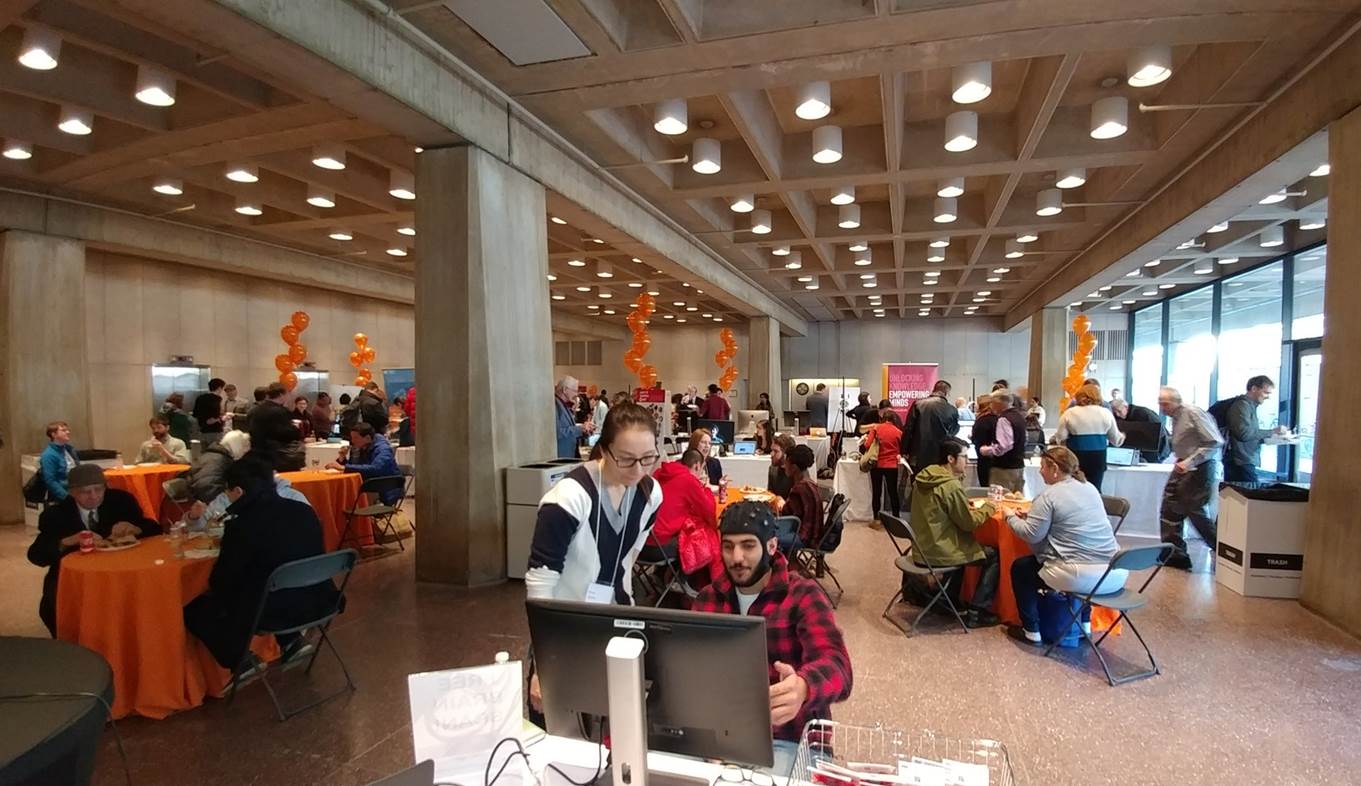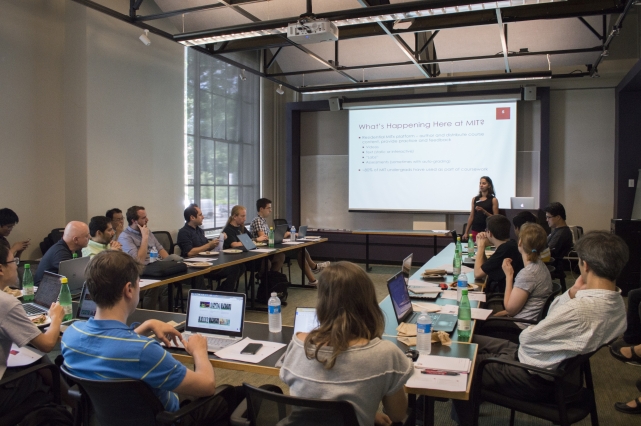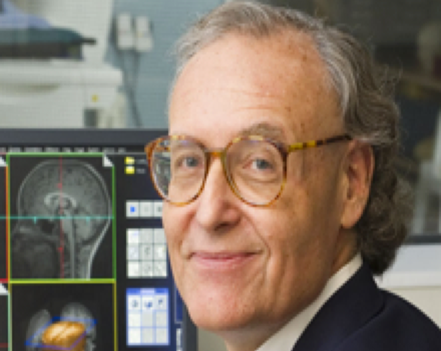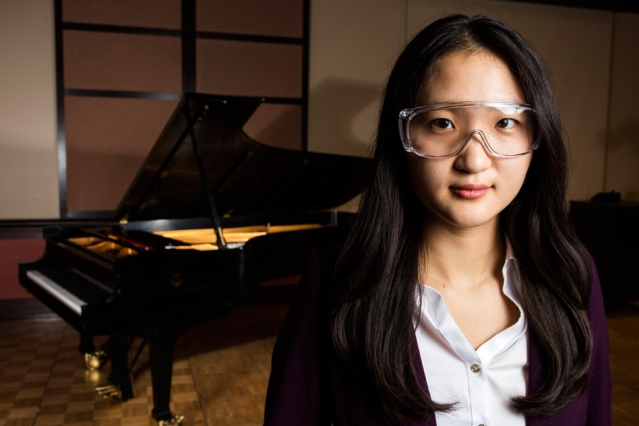How can we apply new findings by MIT's neuroscientists on memory to education and learning?
News
MIT faculty traveled to Dubai recently to teach forms of innovative thinking and exchange ideas on working jointly. "I doubt there are many countries where leaders are as well-informed or change-oriented," says Sanjay Sarma, Vice President for Open Learning at MIT.
After just six months as president, Reif launched the Institute-wide Task Force on the Future of MIT Education. This led to the creation of several new initiatives including the Office of Digital Learning, the pK-12 Action Group, and the MIT Integrated Learning Initiative.
Three MIT professors have been selected as 2017 MacVicar Faculty Fellows, awarded for exceptional undergraduate teaching, mentoring, and educational innovation. This year’s honorees are: Caspar Hare, a professor of philosophy; Scott A. Hughes, a professor of physics; and Maria Yang, an associate professor of mechanical engineering.
MIT Teaching Systems Lab (TSL) Executive Director Justin Reich awarded a grant from Google for teacher-facing intervention research. Researchers at the TSL are developing a promising new line of inquiry - a simulation-based teacher education technique designed to address unconscious bias.
Researchers found children's behavior can be influenced by the personality of a robot companion-playing with an enthusiastic attentive robot, for instance, made them engage more and work harder.
MIT Chancellor Cynthia Barnhart deemed the festival an important gathering of scholars and researchers working to reimagine the way we educate 21st century students-from digital content creation, to flipped or blended classrooms, to cracking the learning sciences code.
The grant is part of the AAU Undergraduate STEM Education Initiative to encourage universities to use teaching practices in STEM education that have been proven to be effective in engaging students and helping them learn.
Across Boundaries Conference will be held on February 2-3 at the Hynes Convention Center in Boston. Join MITili Director and keynote speaker, John Gabrieli, as he discusses neuroscience and the formation of memory.
Among Jiwon Park's many projects was her creation and delivery of a curriculum based on the Scratch coding platform developed at MIT to high school students in the Philippines.


